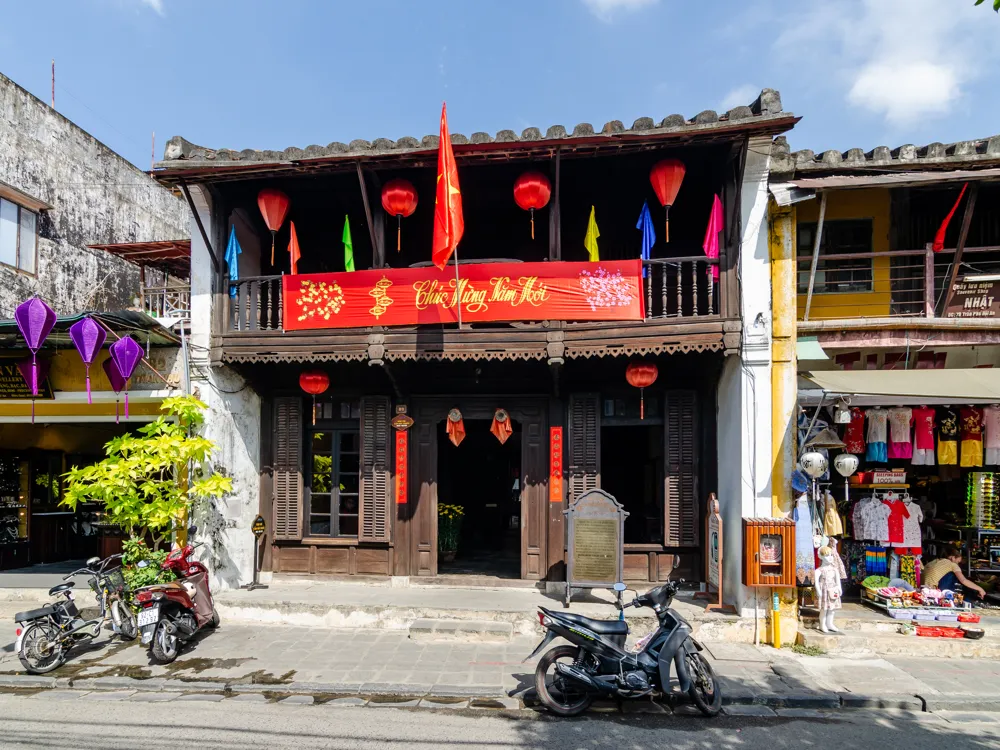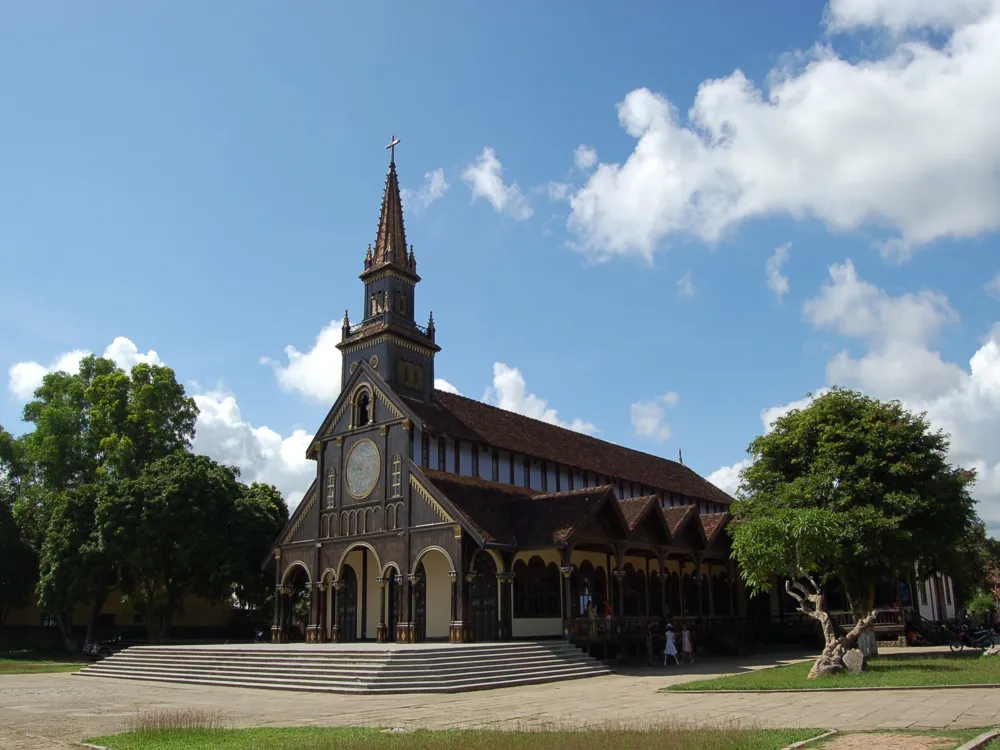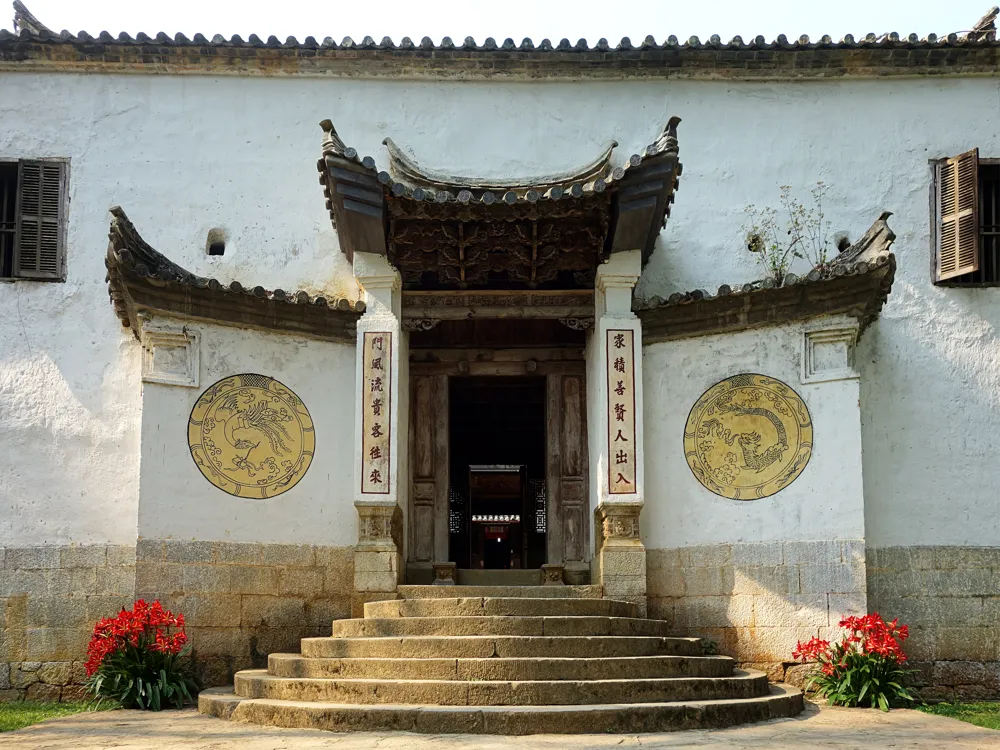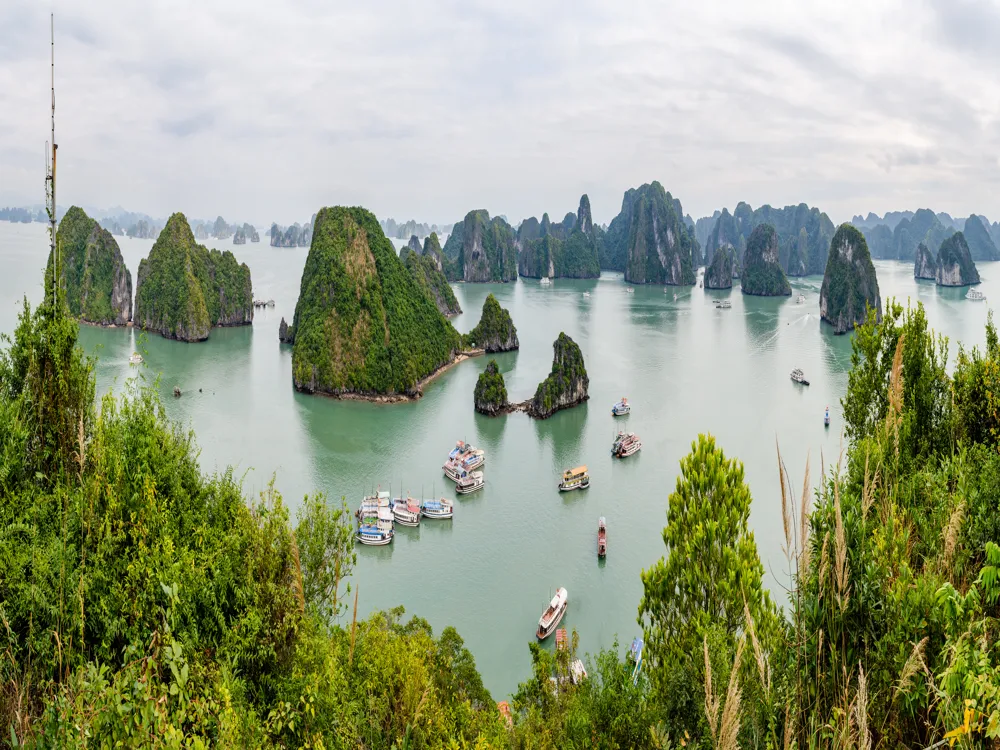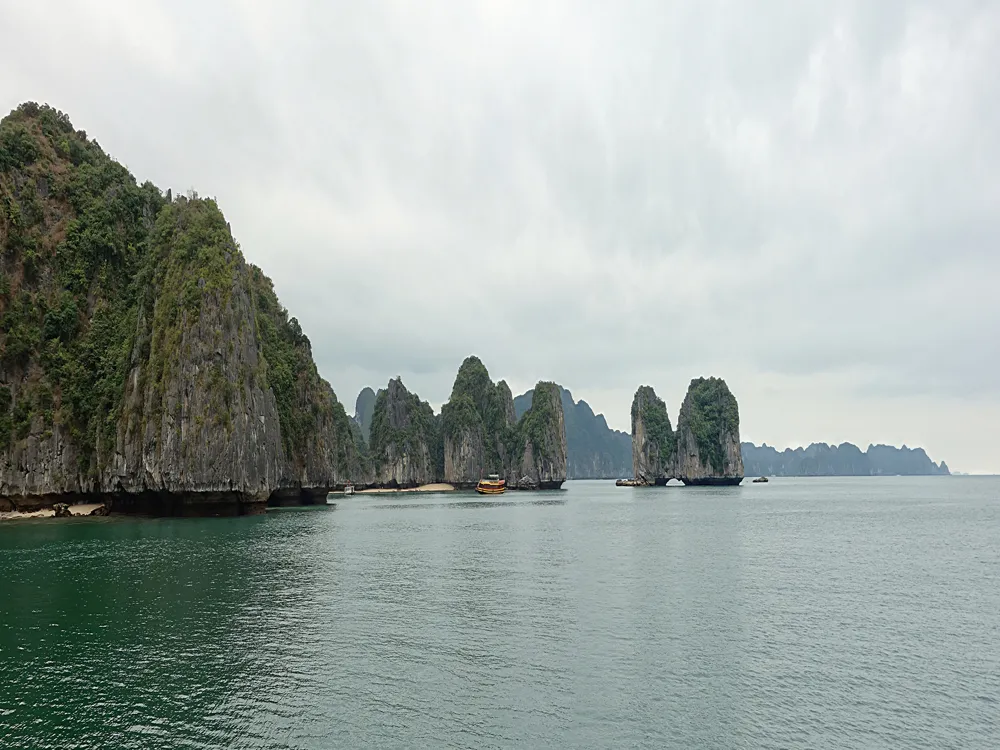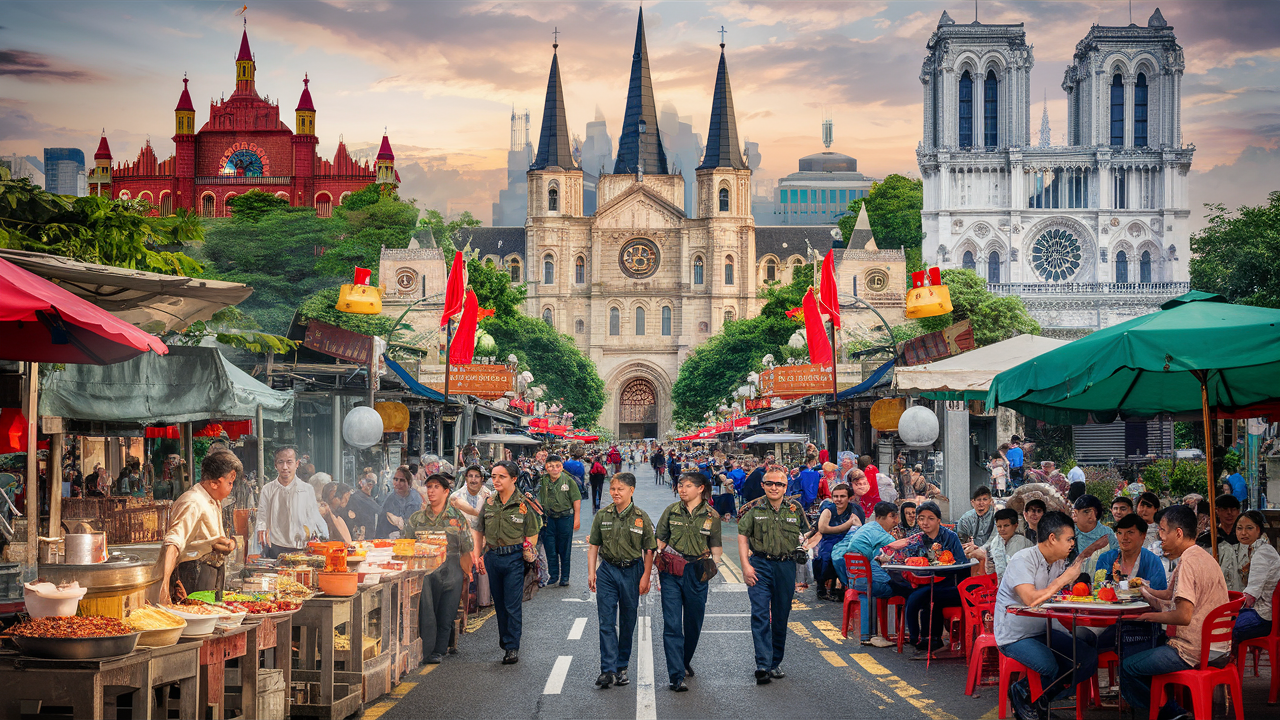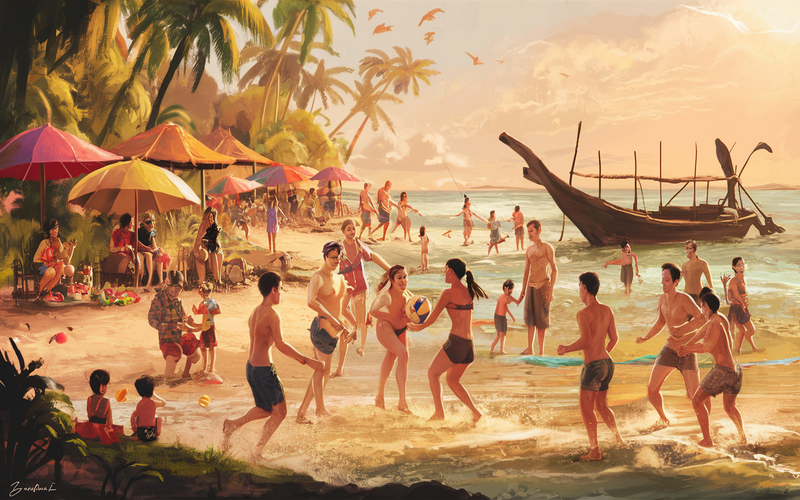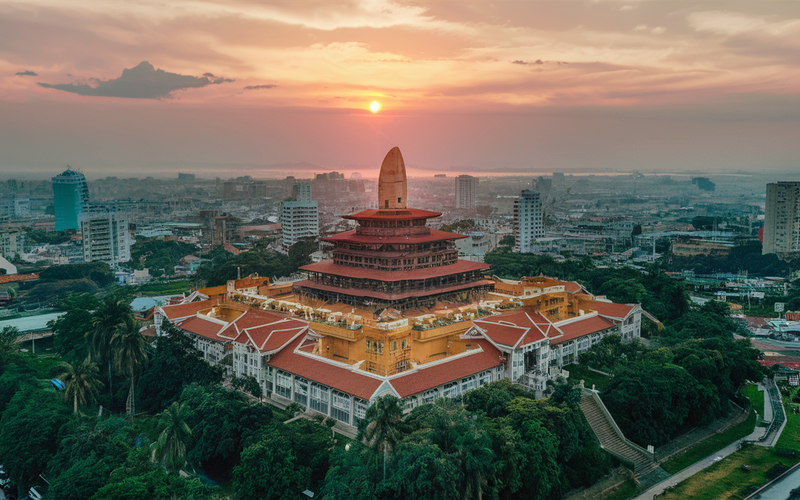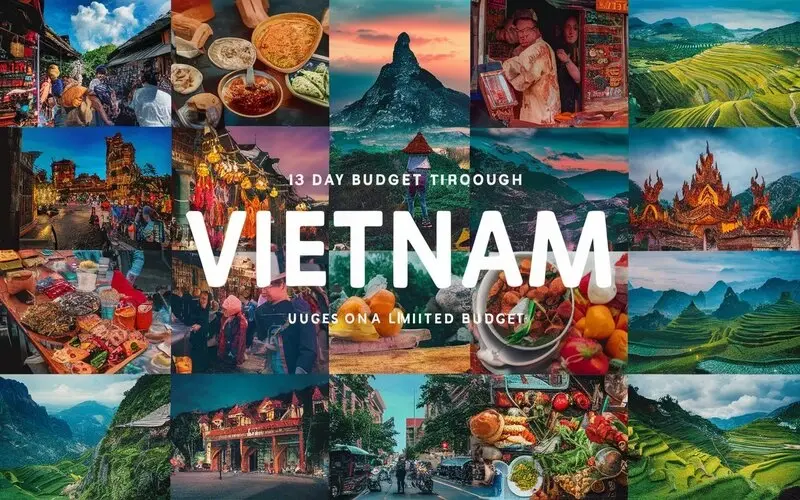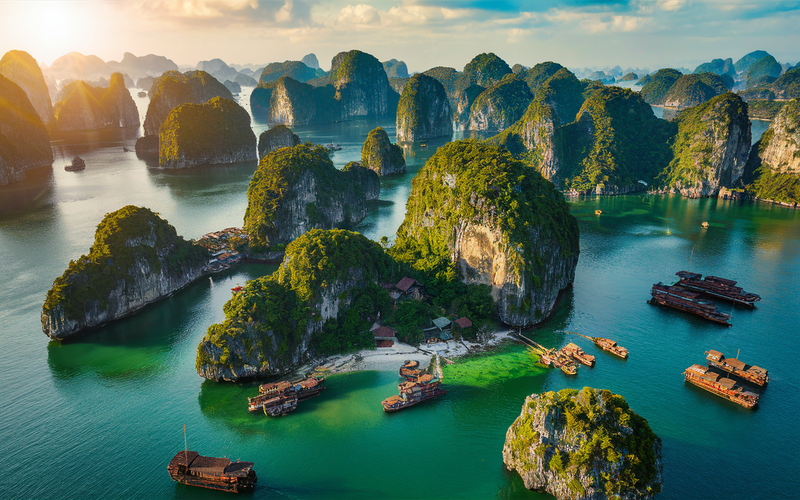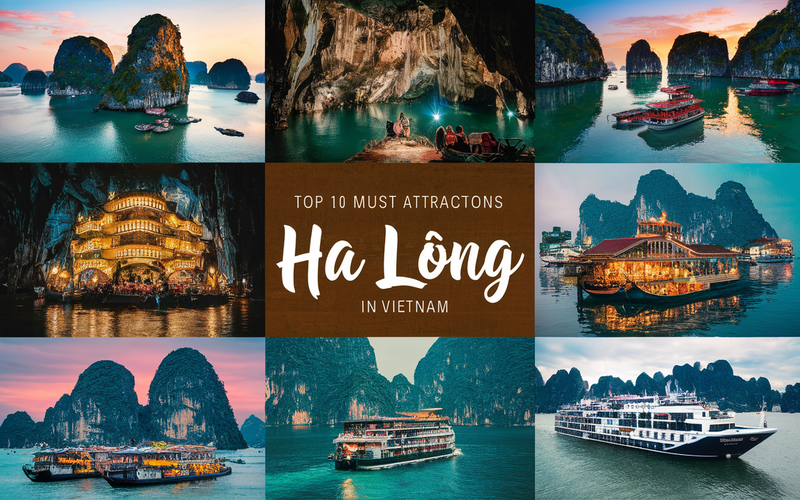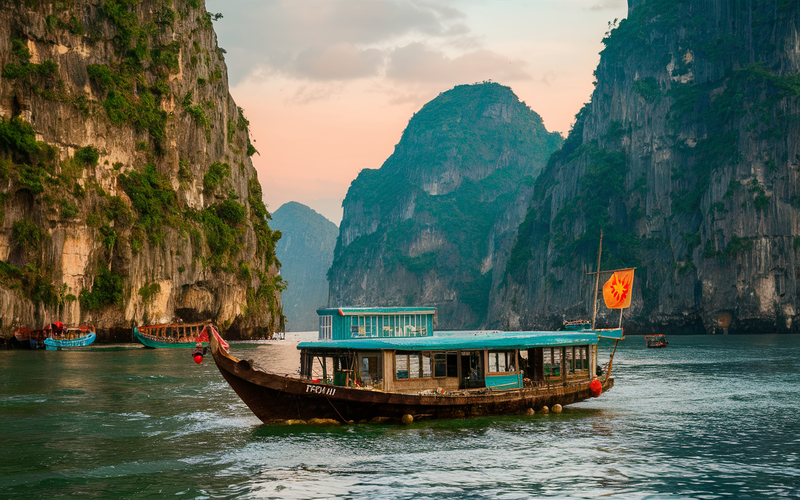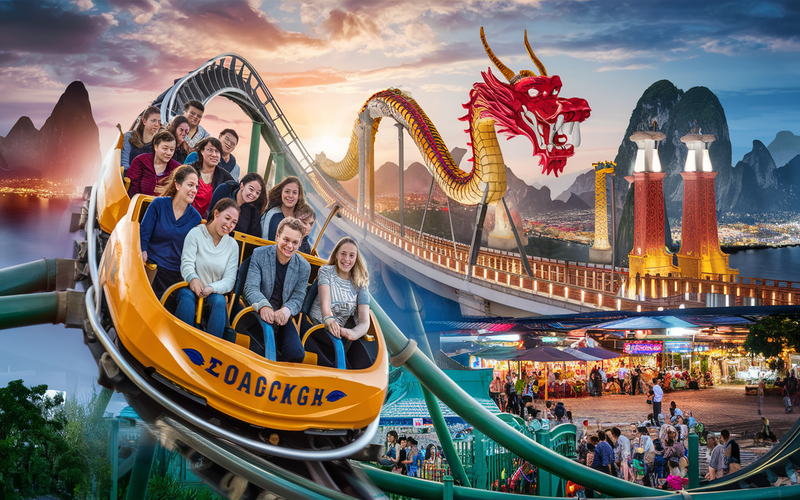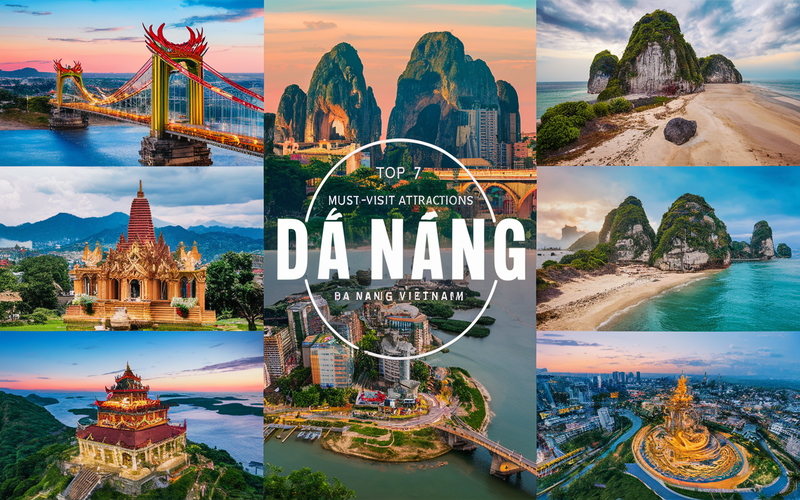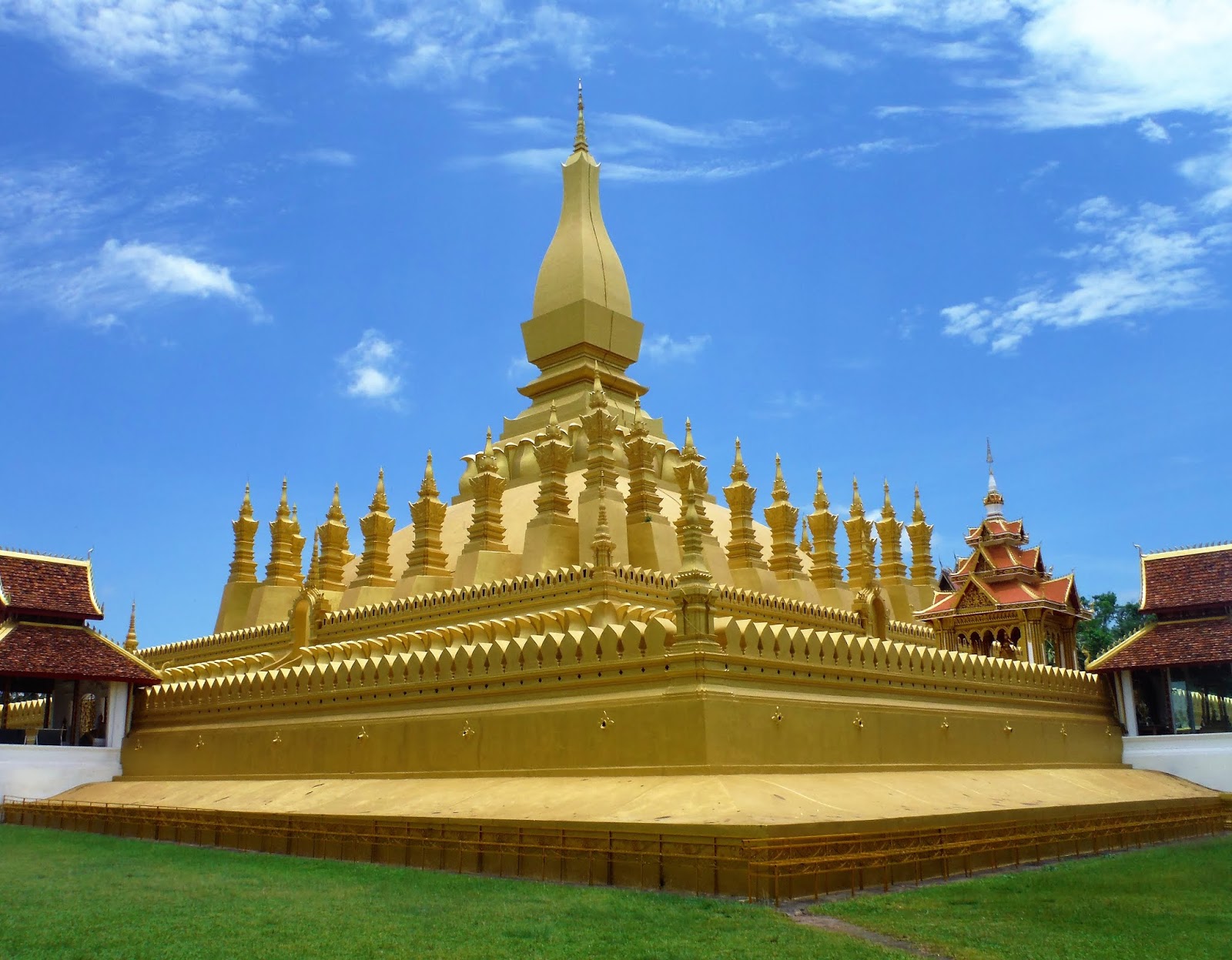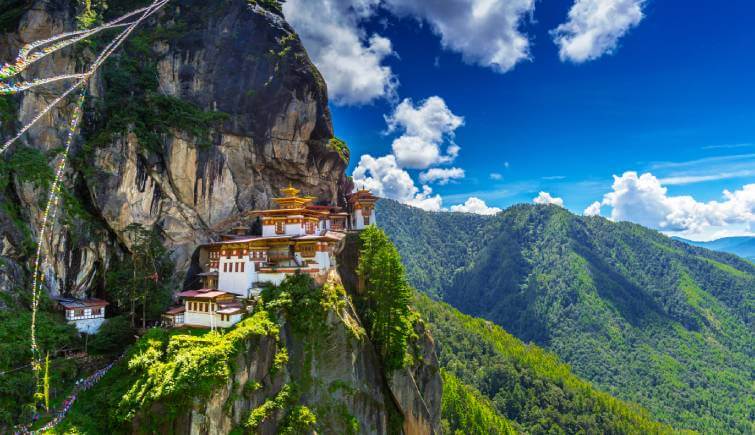Plan Your Travel To Vietnam
Vietnam Travel Essentials
Ideal Duration: 10 - 12 days
Currency: Vietnamese Dong (VND)
Best Time: Spring (February to April) and Autumn (August to October) Read More
Budget: Very Cheap
"A Timeless Charm"
Vietnam Tourism
Vietnam, a Southeast Asian gem, is a country of timeless traditions, natural beauty, and warm hospitality. Hanoi, the capital, is a city of historic charm with ancient temples, colonial architecture, and vibrant street life. Explore the enchanting waters of Halong Bay, the ancient town of Hoi An, and the bustling streets of Ho Chi Minh City. Vietnam's landscapes range from lush rice terraces in Sapa to pristine beaches along the coast. The cuisine, with dishes like pho and banh mi, is celebrated worldwide. With its rich cultural heritage, friendly locals, and a blend of French, Chinese, and indigenous influences, Vietnam invites travelers to experience its unique blend of history, natural beauty, and culinary excellence.
Must Know Before You Travel to Vietnam
-
Visa: Check the visa requirements for your nationality before arriving in Vietnam.
-
Weather: The country has varying climates, so pack accordingly for your destination and the time of year.
-
Currency: The currency is the Vietnamese dong (VND), so be prepared to use it for most transactions.
-
Language: While Vietnamese is the official language, English is increasingly spoken in tourist areas.
-
Local Etiquette: Show respect to the local customs, like removing your shoes before entering someone's home.
-
Street Food: Don't miss the delicious street food, but make sure to choose vendors with good hygiene practices.
-
Safety: Be cautious of traffic, and keep an eye on your belongings in crowded areas.
-
Health: Check if you need vaccinations and be mindful of water and food safety.
-
Cultural Sensitivity: Learn about and respect the local culture, including appropriate attire when visiting temples and pagodas.
-
Haggling: Bargaining is common in markets, so don't be afraid to negotiate prices.
Tourist Places to Visit In Vietnam
Hanoi
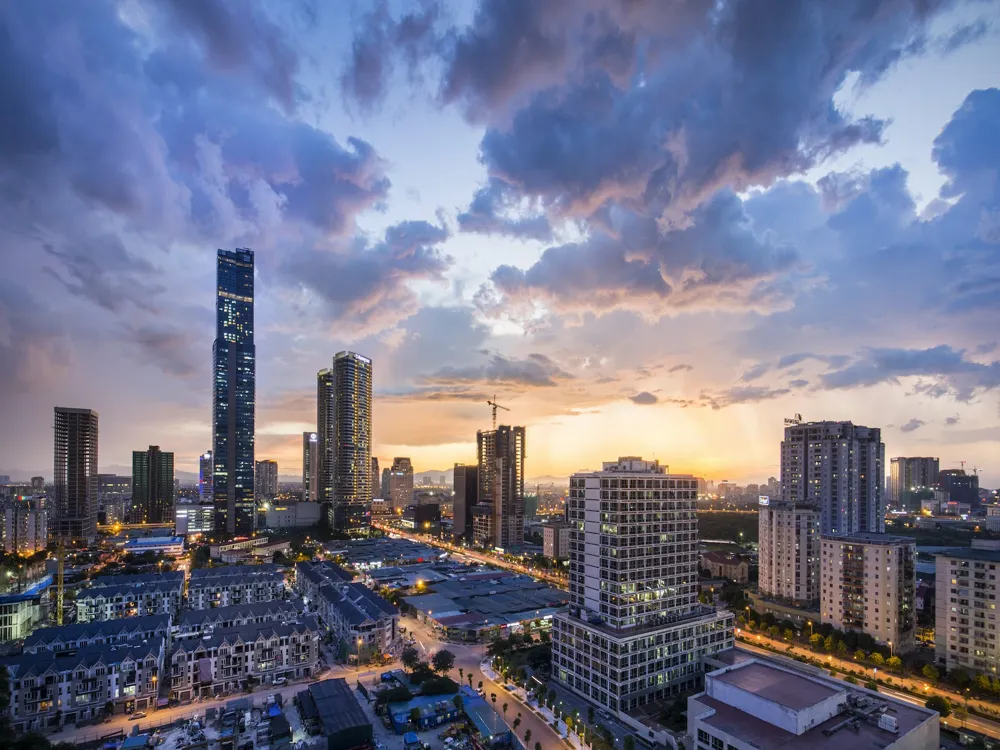
Ho Chi Minh City
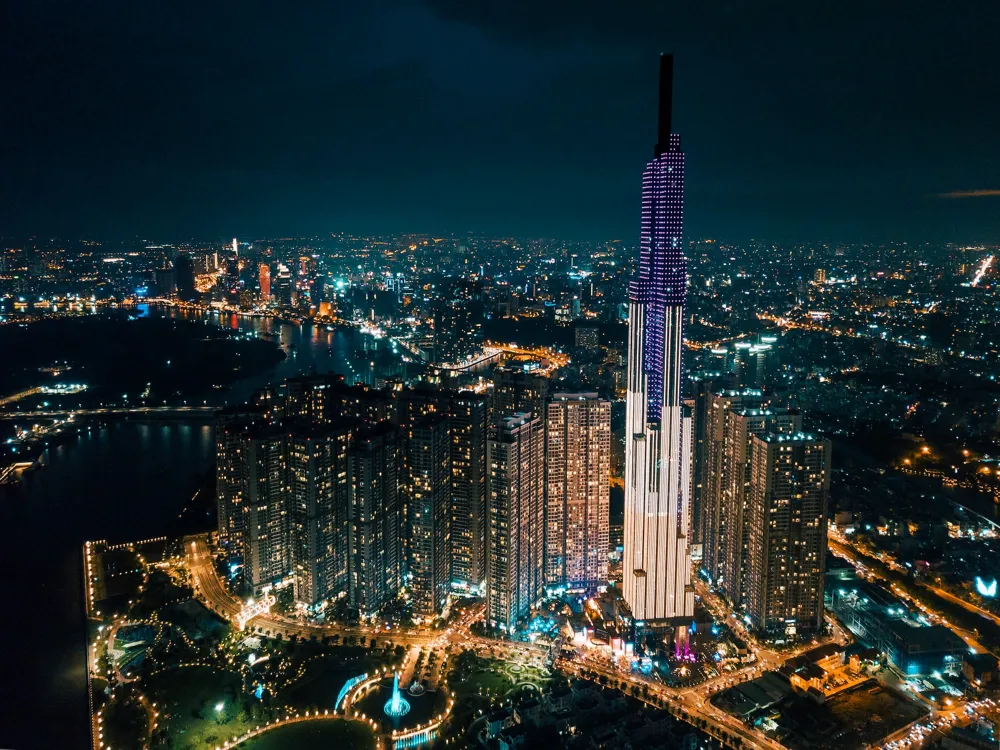
Halong Bay
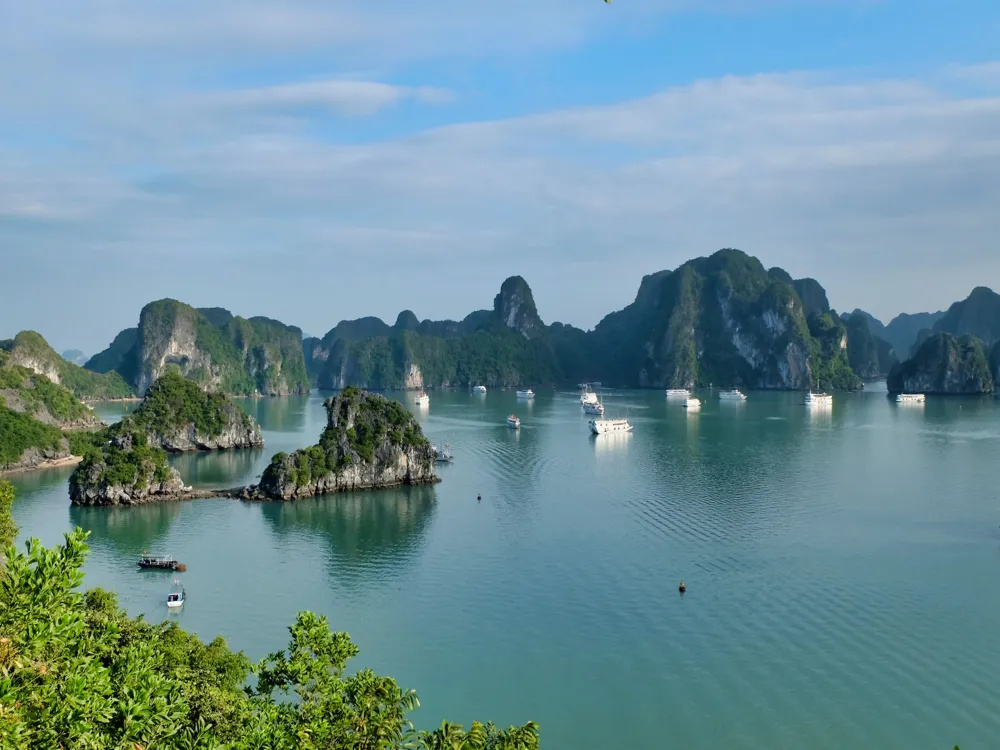
Hoi An
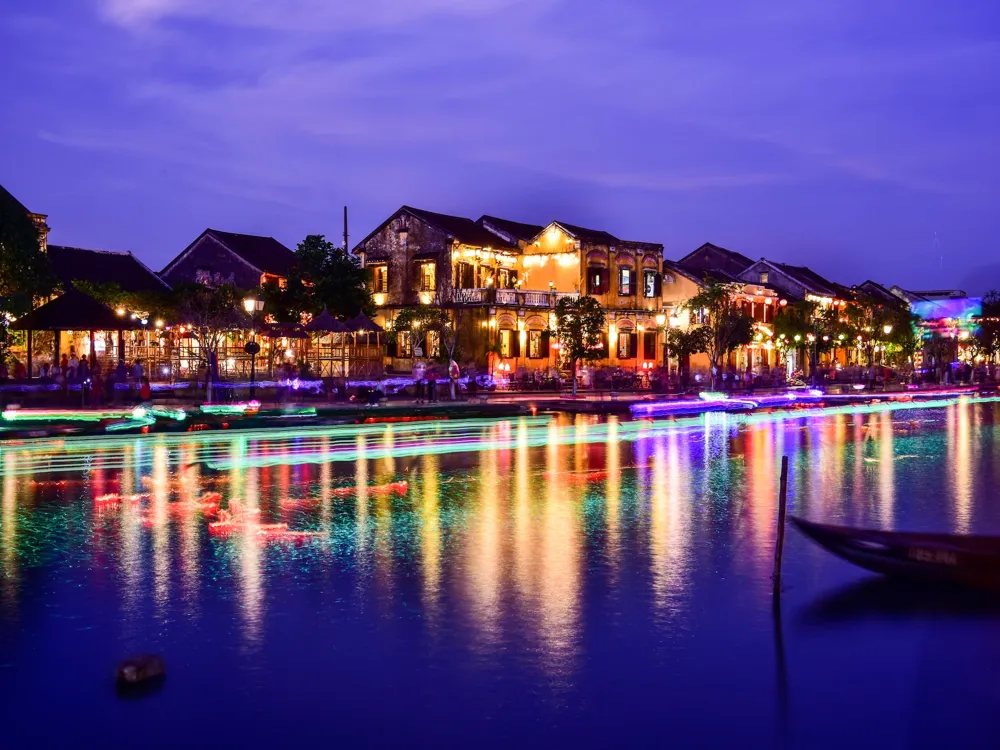
Da Nang
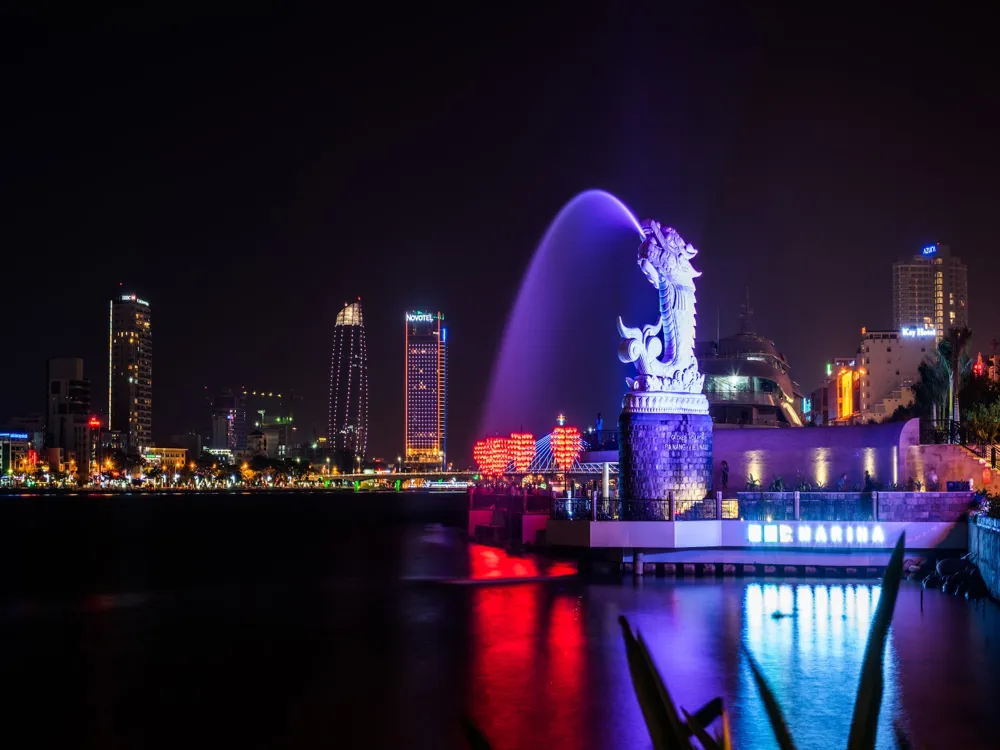
Nha Trang
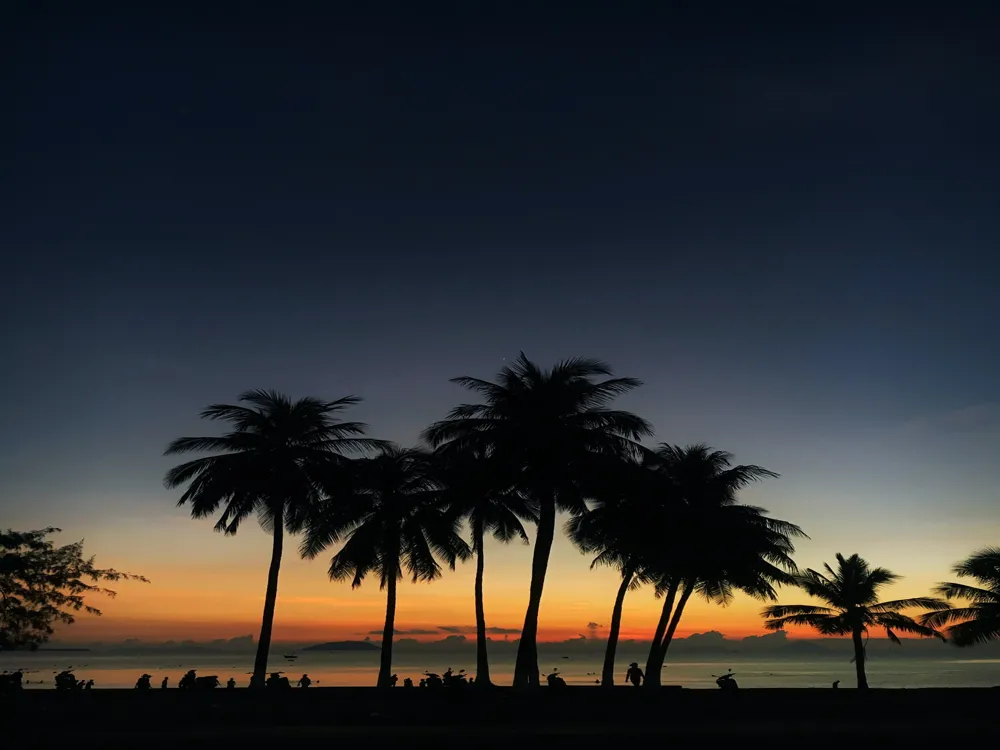
Vietnam Travel Packages
Compare quotes from upto 3 travel agents for free
View All Packages For Vietnam
More on Vietnam Travel
All collections about Vietnam
Best time to visit Vietnam
Spring (February to April) and autumn (August to October) are the best times to visit Vietnam. These months bring in the lowest rainfall across the country. The conditions are ideal for trekking in the mountains, swimming at the beach, and cycling in the countryside. However, Vietnam is a year-round destination; its weather can be split into tropical and temperate zones. While South Vietnam doesn't see any drastic changes in the weather, North Vietnam experiences distinct seasonal variations.July and August are the high seasons in Vietnam, making them the best times to visit its many beaches. The prices increase during these months, so it's best to make the bookings in advance. December to March is the shoulder season in Vietnam. It is a good time to visit cities like Hanoi and Ho Chi Minh City. The famous Tet Festival of Vietnam is also celebrated in late January or early February and is a great experience for tourists. The low season of April to June and September to November is the best time for exploring Vietnam without the crowds. It is also a good time to visit Halong Bay. ideal for trekking in the mountains, swimming at the beach, and cycling in the countryside. However, Vietnam is a year-round destination; its weather can be split into tropical and temperate zones. While South Vietnam doesn't see any drastic changes in the weather, North Vietnam experiences distinct seasonal variations.July and August are the high seasons in Vietnam, making them the best times to visit its many beaches. The prices increase during these months, so it's best to make the bookings in advance. December to March is the shoulder season in Vietnam. It is a good time to visit cities like Hanoi and Ho Chi Minh City. The famous Tet Festival of Vietnam is also celebrated in late January or early February and is a great experience for tourists. The low season of April to June and September to November is the best time for exploring Vietnam without the crowds. It is also a good time to visit Halong Bay.
Top Stories about Vietnam Tourism
Read More on Vietnam Travel
Exchanging money in Vietnam:
When exchanging money in Vietnam, it's essential to use authorized banks or exchange offices for the best rates and security. The local currency is the Vietnamese dong (VND), and US dollars are also widely accepted. ATMs are prevalent in cities, making it easy to withdraw VND. Be cautious of street vendors offering currency exchange, as they may provide unfavorable rates. It's wise to carry smaller denominations for convenience, as not all places accept large bills. Credit cards are increasingly accepted in urban areas, but it's advisable to have cash on hand for more rural destinations.
Nightlife in Vietnam:
Vietnam's nightlife offers a vibrant mix of options, from bustling night markets and street food stalls to trendy bars and nightclubs. Hanoi and Ho Chi Minh City boast a thriving nightlife scene. In Hanoi, explore the Old Quarter's narrow streets for local beer (bia hơi) or enjoy live music in popular bars. Ho Chi Minh City offers rooftop bars with stunning views and a variety of entertainment. Da Nang and Nha Trang also have their share of beachfront bars. Night markets in cities like Hoi An are perfect for shopping and trying local delicacies while immersing yourself in the energetic atmosphere.
Shopping in Vietnam:
Vietnam is a shopper's paradise, known for its diverse range of products. Hanoi's Old Quarter, Hoi An, and Ho Chi Minh City offer bustling markets where you can buy handicrafts, clothing, and souvenirs. The country is famous for its silk, lacquerware, and traditional art, which make unique gifts. For authentic street food and local items, explore the night markets. Don't forget to haggle for the best prices, as bargaining is customary. In modern shopping malls, you'll find international brands and designer goods. Shopping in Vietnam is a delightful way to immerse yourself in its culture.
Festivals in Vietnam:
Vietnam's rich cultural heritage is celebrated through a myriad of festivals. Tet Nguyen Dan, the Lunar New Year, is the most significant and marks a time of family gatherings and traditional rituals. Mid-Autumn Festival is another highlight, featuring lanterns, mooncakes, and vibrant parades. The Perfume Pagoda Festival, the Hung King Temple Festival, and the Hue Festival showcase the country's spiritual and historical traditions. Visitors can witness colorful processions, traditional music, and delicious cuisine during these events. Festivals offer a unique opportunity to experience the warmth and hospitality of the Vietnamese people.
Hygiene in Vietnam:
While traveling in Vietnam, maintaining good hygiene is crucial. Tap water is not safe to drink, so rely on bottled water or boiled water. Be cautious about consuming street food and ensure it's prepared in a clean environment. Hand sanitizers and wet wipes are handy for on-the-go hygiene. Vietnam's tropical climate can lead to dehydration, so drink plenty of fluids. Mosquitoes are prevalent, so use repellent and wear long sleeves to avoid insect-borne illnesses. Overall, practicing good personal hygiene and being mindful of food and water sources will contribute to a healthy and enjoyable visit.
Tips for visiting Vietnam:
When visiting Vietnam, embrace the local culture and customs. Learn a few basic Vietnamese phrases to connect with the friendly locals. Dress modestly when visiting temples and religious sites. Bargain when shopping in markets, and don't be afraid to haggle. Be cautious of traffic when crossing the streets, as motorbikes are ubiquitous. Taste the diverse Vietnamese cuisine, from pho to banh mi, and savor street food. Consider the country's climate, with the north experiencing distinct seasons and the south having a tropical climate. Lastly, be open to exploring both bustling cities and serene countryside to fully appreciate Vietnam's beauty.
Foods of Vietnam:
Vietnamese cuisine is renowned for its freshness and balance of flavors. Pho, a fragrant noodle soup, and banh mi, a delicious sandwich, are iconic dishes enjoyed throughout the country. Street food stalls offer dishes like bun cha, bun bo hui, and com tam, showcasing a variety of flavors and textures. Seafood lovers can savor dishes like ca kho to (caramelized fish) and goi cuon (spring rolls). Vegetarians will appreciate the abundant options, such as pho chay and com tam suon nuong. Vietnamese coffee and fresh fruit shakes are popular beverages, providing a perfect way to beat the heat. Enjoying the local cuisine is an essential part of any visit to Vietnam.
Photos of Vietnam
All Country Photos Vietnam
Popular Questions And Answers on Vietnam
Q: What is the capital city of Vietnam?
The capital city of Vietnam is Hanoi.
What is the currency used in Vietnam?
The official currency of Vietnam is the Vietnamese đồng (VND).
What is the most famous tourist attraction in Vietnam?
One of the most famous tourist attractions in Vietnam is Ha Long Bay, known for its stunning natural beauty and thousands of limestone karsts and isles.
What is the traditional cuisine of Vietnam known for?
Vietnamese cuisine is known for its fresh and flavorful dishes, often incorporating herbs, rice, and a variety of meats and seafood. Pho, a noodle soup, is a popular Vietnamese dish.
What is the history of the Vietnam War?
The Vietnam War was a conflict that took place in Vietnam, Laos, and Cambodia from November 1, 1955, to the fall of Saigon on April 30, 1975. It was fought between the communist forces of North Vietnam and the government of South Vietnam, with the involvement of the United States and other anti-communist allies.
What is the weather like in Vietnam?
Vietnam experiences a tropical monsoon climate, with a wet season and a dry season. The weather varies from the north to the south, but generally, the country is warm and humid throughout the year.
What are some traditional festivals celebrated in Vietnam?
Tet Nguyen Dan, or Tet, is the Vietnamese New Year and the most important traditional festival in Vietnam. Other significant festivals include Mid-Autumn Festival and Hung Kings' Temple Festival.
What is the significance of the Mekong Delta in Vietnam?
The Mekong Delta is a vast network of rivers, swamps, and islands in southern Vietnam. It is an essential agricultural region, often referred to as the
What are some UNESCO World Heritage Sites in Vietnam?
Vietnam is home to several UNESCO World Heritage Sites, including Ha Long Bay, Hoi An Ancient Town, My Son Sanctuary, and the Complex of Hue Monuments.
What are the traditional art forms in Vietnam?
Traditional Vietnamese art forms include water puppetry, silk painting, and wooden sculpture. These art forms have deep historical and cultural roots in Vietnamese society.

